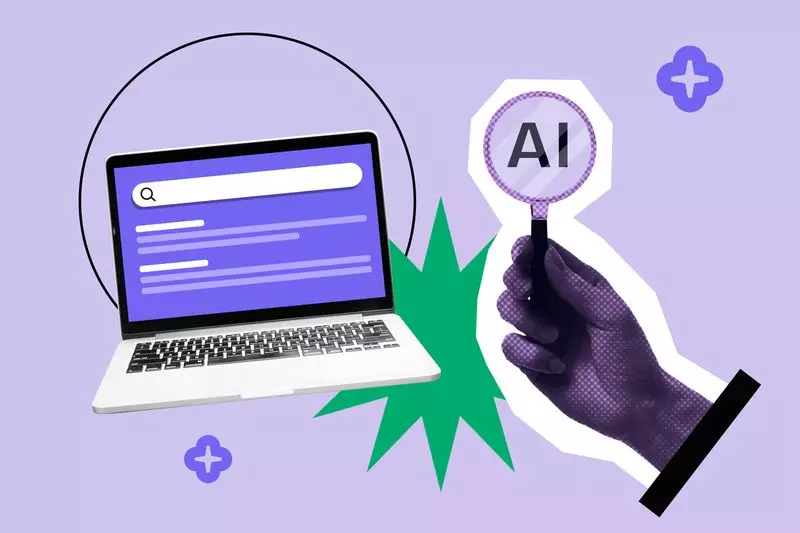
The digital landscape is undergoing a revolutionary transformation as artificial intelligence becomes deeply integrated into our web browsing experiences. AI browsers are no longer a futuristic concept but a present-day reality that's fundamentally changing how we interact with the internet.
What Are AI Browsers and How Do They Work?
AI browsers represent the next evolutionary step in web navigation technology. Unlike traditional browsers that simply display web pages, these intelligent systems understand user intent and context to deliver more relevant and personalized experiences. The core technology behind these browsers combines natural language processing, machine learning algorithms, and predictive analytics to anticipate user needs.
These advanced browsers can comprehend complex queries in natural language, eliminating the need for precise keyword searches. Instead of typing fragmented search terms, users can ask complete questions as they would to another person. The AI then processes this information, understands the context, and provides comprehensive answers rather than just a list of links.
Key Features Transforming User Experience
The capabilities of AI-powered browsers extend far beyond basic search functions. One of the most significant features is their ability to summarize lengthy articles and documents. This saves users valuable time by providing concise overviews of content before they decide to read the full text. The summarization technology can extract key points while maintaining the original meaning and context.
Another groundbreaking feature is the integration of smart assistants directly within the browsing experience. These AI companions can help with research, content creation, and data analysis without requiring users to switch between different applications or platforms. They can draft emails, generate reports, and even help with coding tasks based on simple voice or text commands.
Personalization reaches new heights with AI browsers that learn from user behavior and preferences. The more you use these browsers, the better they understand your interests, work patterns, and information needs. This enables them to proactively suggest relevant content, alert you to important updates, and filter out noise that doesn't align with your interests.
The Future Impact on Digital Interaction
The emergence of AI browsers signals a fundamental shift in how we access and consume digital information. As these technologies mature, they're expected to become more contextual and predictive, potentially eliminating the need for traditional search engine results pages altogether. Instead of presenting lists of links, AI browsers will provide direct answers and synthesized information from multiple sources.
This technology also raises important questions about information privacy and algorithmic bias. As browsers collect more data to improve their AI models, ensuring user privacy becomes increasingly crucial. Developers are implementing advanced encryption and local processing capabilities to address these concerns while maintaining the intelligent features users expect.
The business implications are equally significant. Companies that adapt to this new paradigm will need to optimize their content for AI understanding rather than just search engine algorithms. This means creating comprehensive, authoritative content that AI systems can reliably reference when answering user queries.
As AI browser technology continues to evolve, we're likely to see even more sophisticated features emerge. These may include enhanced voice interaction capabilities, seamless integration with other smart devices, and more advanced content generation tools that work in harmony with human creativity rather than replacing it entirely.





